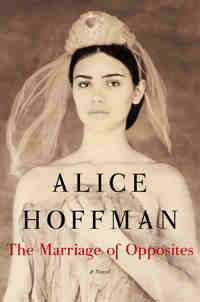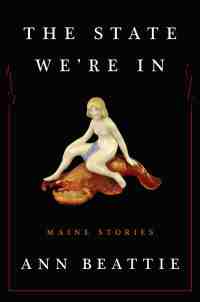Shetani's Sister by Iceberg Slim
 Friday, September 4, 2015 at 6:35AM
Friday, September 4, 2015 at 6:35AM 
Published by Vintage/Black Lizard on August 4, 2015
Shetani's Sister is the creation of Iceberg Slim (the street name of Robert Beck). According to Justin Gifford's introduction, Iceberg Slim spent much of his life as a pimp. His autobiography and crime stories were culturally influential in a way that mirrors gangster rap in the evocation of life on the street. In fact, Gifford credits Iceberg Slim for influencing early rappers, including Snoop Dogg, whose voice I kept hearing in my head as I read the novel. Previously unpublished, Shetani's Sister is Iceberg Slim's final novel.
Shetani's Sister tells a story of pimps, whores, and crooked cops. The primary character, a New York pimp named Shetani (whose name means Satan in Swahili), doles out heroin and cocaine to assure that his whores continue to worship him. Shetani is a Master Pimp and the police are no match for him. Yet Iceberg Slim's portrayal of police officers, while not ignoring LAPD's tendency toward brutality, is surprisingly sympathetic.
Shetani sends his bottom girl, Petra, to LA to expand his empire of whores. There she meets Jerry Crane, a vice cop with a coke habit who helps her avoid arrest in exchange for a regular supply of coke, sex, and cash. Crane finds himself with a problem (one of many) when his honest partner, Russell Rucker, begins to suspect that Crane has traveled to the dark side.
Shetani's Sister tells a compelling story despite its shortcomings. The novel has moments that are too melodramatic. The prose is unpolished and occasionally clichéd (although less clichéd than the prose of some established authors I've encountered). Iceberg Slim's similes sometimes stretch too far over-the-top in an effort to be luridly descriptive, but the same could be said of Mickey Spillane, whose writing I enjoy as a product of its time. The treatment of women is also the product of a time and subculture, although the tone is much more respectful when it addresses older women and faithful wives.
The story's glorification of Shetani (presumably as a stand-in for the author) is laughable, but I had the same reaction to Lou Dobbs' novel that glorifies an obvious stand-in for Lou Dobbs. A key difference between the two novels is that Iceberg Slim's struck me as honest. Shetani doesn't hide his flaws. He makes mistakes and he isn't afraid to admit them. In fact, being the baddest pimp on the planet clearly has an adverse impact on Shetani's mental health (or maybe it's the constant drug use).
At one point, a vice detective comforts another character by saying "nobody bucks fate." At a funeral, the same detective says "don't judge him harshly, for a victim lies within us all." Those may be the points Iceberg Slim intended to make in this novel. The pimps, the whores, the drug addicts, the crooked cops ... all suffered personal tragedies that played a role in shaping their lives. Yes, they made choices, and yes, they told themselves a lot of lies to justify their actions, but fate might still be the best explanation for their tragic lives. In any event, Iceberg Slim's exploration of that topic -- the thin and oft-crossed line between good and evil -- demonstrates more insight than many crime writers who wield more sophisticated prose are able to manage.
RECOMMENDED



